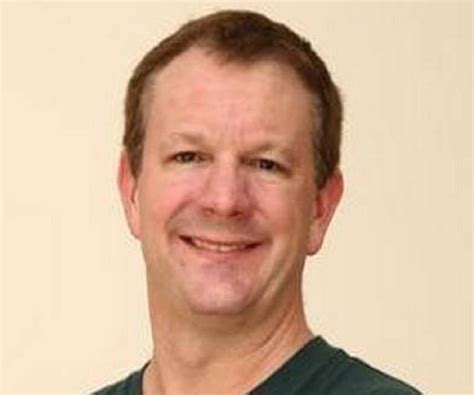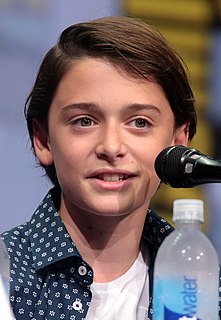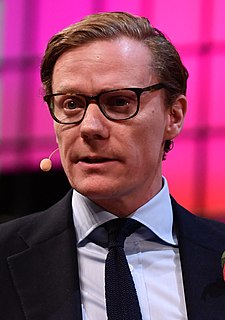A Quote by Jaron Lanier
The most effective young Facebook users, however -- the ones who will probably be winners if Facebook turns out to be a model of the future they will inhabit as adults -- are the ones who create successful online fictions about themselves.
Related Quotes
The true end users of Facebook are the marketers who want to reach and influence us. They are Facebook's paying customers; we are the product. And we are its workers. The countless hours that we - and the young, particularly - spend on our profiles are the unpaid labor on which Facebook justifies its stock valuation.
Facebook's a wonderful, incredible way to bring humanity together. They've brought together 2 billion people in the largest fictional family in history. So young people are starting to empathize with each other through Facebook across the globe. This is wonderful. However, when everyone needs Facebook because it's so successful that everyone's on it, then it starts to look like a global public utility, a public good. Same with Amazon.
I truly believe that what we're seeing with online dating is very similar to what happened with the Myspace-Facebook era, where Myspace was once this place for online connecting for a very select group of young people. And then Facebook kind of hit at this moment where it was acceptable for everybody to do it.
I'm worried about privacy because of the young people who don't give a damn about their privacy, who are prepared to put their entire private lives online. They put stuff on Facebook that 15 years from now will prevent them from getting the jobs they want. They don't understand that they are mortgaging their future for a quick laugh from a friend.
I haven't sworn off Facebook. I'm on Facebook. There's a fan page on Facebook that I will update, but I'm on there myself under a pseudonym, because there were a lot of people able to private-message me on Facebook, and it was getting really weird. And then with MySpace, I just don't read messages. I delete everything, and I just post updates every now and then.






































